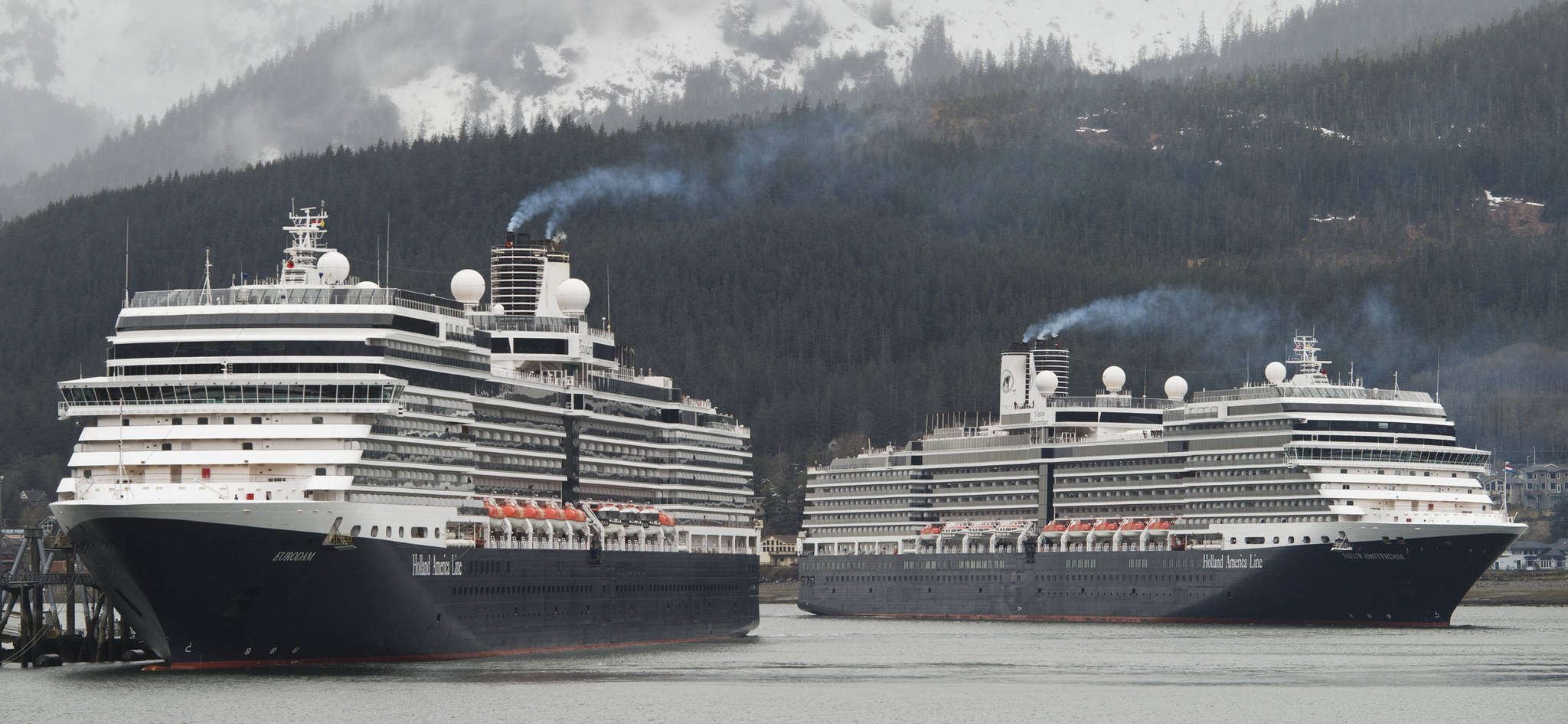Staff from the Alaska Department of Environmental Conservation took questions and heard public comment Tuesday evening about a proposal to amend state law governing water quality standards.
The proposed change would deal with “variances,” or exemptions the state gives to companies that want to discharge waste water into public waters.
Staff from DEC’s Division of Water said that the changes were meant to bring the state in line with federal changes to the federal Clean Water Act made in 2015.
But attendees at the public hearing, all of whom were opposed to the changes, saw the proposed changes as the state trying use its own discretion of when to, or not to, implement water quality standards.
“I object to giving the agency more discretion to act,” said Guy Archibald, staff scientist for the Southeast Alaska Conservation Council. “We have placed on the record many objections to DEC abusing their discretion and we have no faith that they’re going to use their discretion to protect water quality.”
[Read the Empire’s live coverage of the hearing]
Archibald said the regulations do not require either the agency nor the applicant to provide data on the public water that will be affected.
“If you’re to apply to discharge into (public) waters you provide data on your effluent quality, not on the quality of the water in the river that you’re degrading,” he said.
DEC staff maintained that the federal regulations implemented by the Environmental Protection Agency and the Clean Water Act provided water quality standards that would still be upheld under the proposed changes.
Division of Water section manager Brock Tabor said that because conditions of a variance are dictated by the state, more stringent requirements could be implemented that would have been under federal law.
“Additional (water quality) milestones could be built into the variance,” Tabor said during the question and answer portion of the meeting. “There are a number of review processes that can be implemented depending on a particular variance.”
However, the fact that conditions of each variance are issued on a case-by-case basis seemed to trouble many of the attendees at the hearing.
In response to a number of questions posed to him, Tabor said that he could not answer without the conditions of a specific variance before him.
Attendees generally expressed concern at the state’s ability or even willingness to protect public waters.
“This administration is industry friendly,” said Martin Stepetin Sr. referring to Gov. Mike Dunleavy. In many instances Alaska Natives have had to “fight tooth and nail” for protections of sacred waters or subsistence grounds, he said. Getting the state to enforce already existing environmental laws was a challenge, Stepetin said.
Tabor was not able to give comment on concerns raised during the hearing because the proposed changes are still under public comment.
DEC will be taking public comment through Sept. 16 at 5 p.m. after which point the Division of Water will release its responses.
Following finalization of DEC’s draft changes, the proposal will go on to a number of agencies within the state government and then onto the EPA for review.
• Contact reporter Peter Segall at 523-2228 or psegall@juneauempire.com.

